1987 Iran-Contra Scandal
Unlike Watergate, a simple burglary, Iran-Contra was numbingly complex—three scandals in one, deep in secrecy. First, aid to Contras in Nicaragua, secret because Congress had forbade it. Second, selling weapons to Iran, which Congress had also forbidden. Third, diverting the profits from Iran to aid the Contras. These portraits are shown in the order of appearance at the hearings.
“Unfortunately, the Hearings could not convey the gravity of the conspiracy to the American people…. Presidential overreach, still unpunished, has tempted presidents into Bosnia, Afghanistan, Iraq and Libya—and perhaps other actions still unknown to us. This power can be turned inward. The president has at his fingertips newly available technology for surveillance and harassment of opponents.... Given the vague definition of ‘terrorist’ in the Patriot Act, we should be very concerned.” — Iran-Contra: Three Plots in One, booklet by Trudy Myrrh Reagan, 2013.
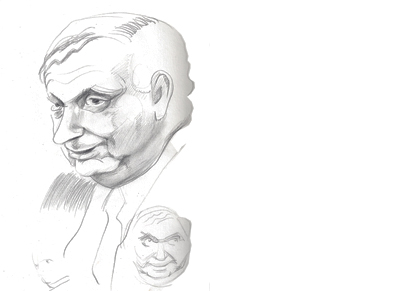
Chief Counsel for the Iran-Contra Committee, Liman saw Iran-Contra as a deliberate effort to conduct foreign policy in secret by using a private organization motivated by profit and accountable to no one. He used his experience as a brilliant prosecuting attorney to elicit damning information.
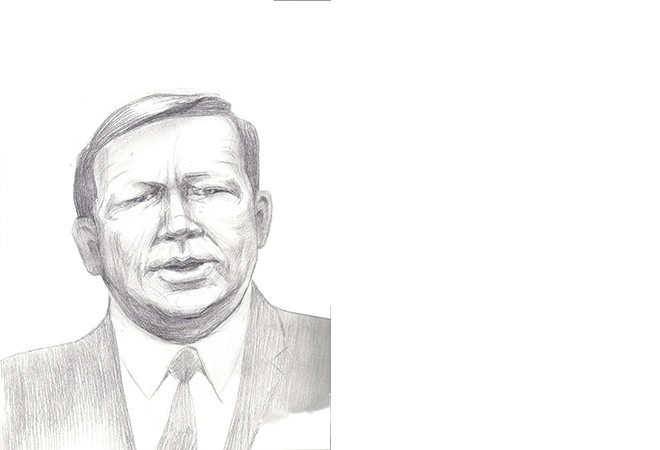
An ex-Air Force major general and ex-CIA agent, Secord teamed up with Albert Hakim in 1983 to start The Enterprise. Beginning 1985, it operated sub rosa Contra aid activities for their friend, Oliver North; in 1986, it became an agent for selling arms to Iran—all this for a hefty profit. It was patterned on CIA covert operations, but avoided supervision by congress.
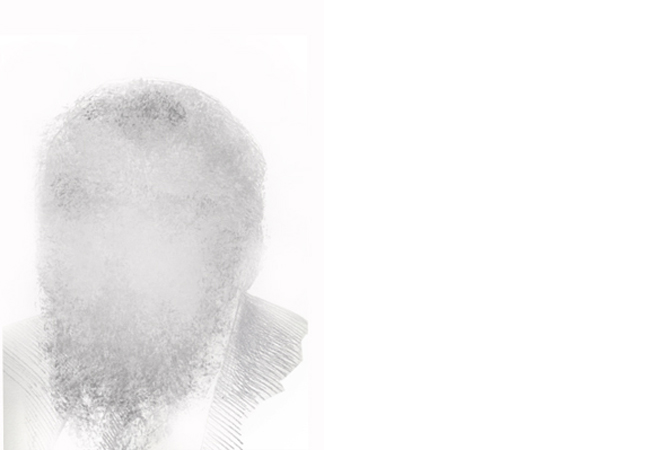
(Didn't testify). An Iranian insider so indispensable to the CIA and the NSC, they kept working with him even though he repeatedly lied. He pulled the White House into wild deals with Iran, and none went well. He persuaded the US to secretly sell TOW missiles to Iran for its war with Iraq, thus violating an embargo. In exchange, Iran would release US hostages in Lebanon, (but almost none were). Meanwhile The Enterprise was using profits from the deal to aid the Contras (and enrich themselves). When a Lebanese newspaper broke the story, the scandal was exposed.
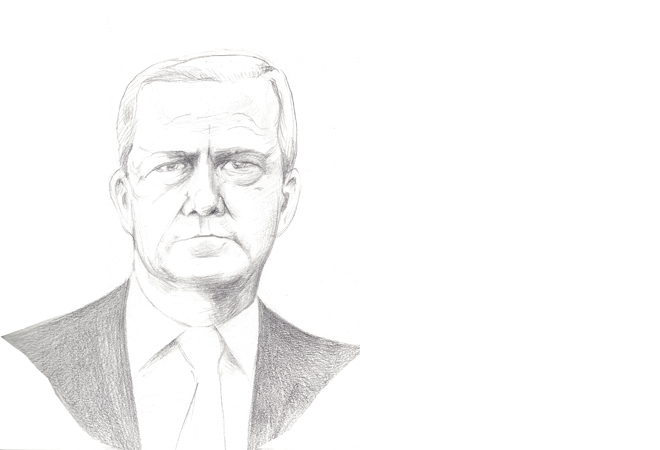
Former Marine Robert McFarlane was National Security Advisor from 1984 to 1985 when the Boland Amendment forbad any activities to support the Contras by the CIA or DOD. Dubious about President Reagan’s use of the NSC staff in the White House to evade the Amendment, he nevertheless obeyed orders. Col. Oliver North worked under him, but did not tell McFarlane all he was doing.
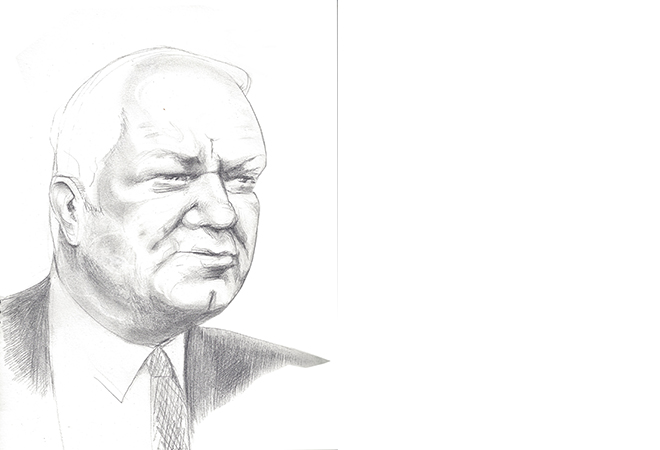
Adolfo Calero was leader of one of three Contra groups trying to overthrow the left-wing Sandinista government in Nicaragua, 1979 to the early 90s, targeting social and economic targets, kidnapping, torturing and killing civilians.
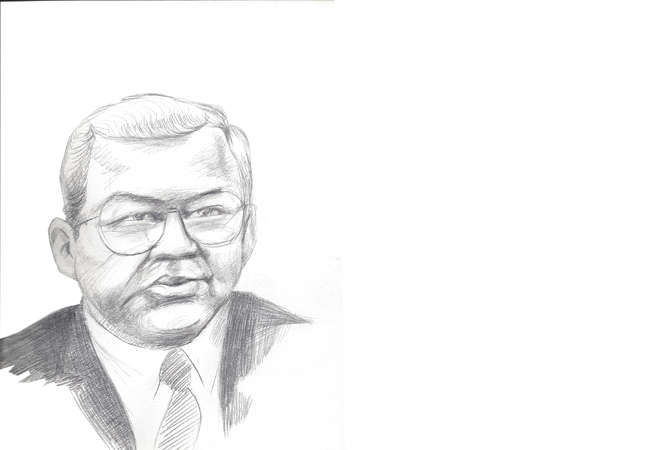
Dutton was a retired Air Force colonel. He ran a private group that airdropped weapons and medical supplies to the Contras. North assured him that they were working directly for the President. In 1986, Nicaraguans captured a pilot, which exposed part of the plot.
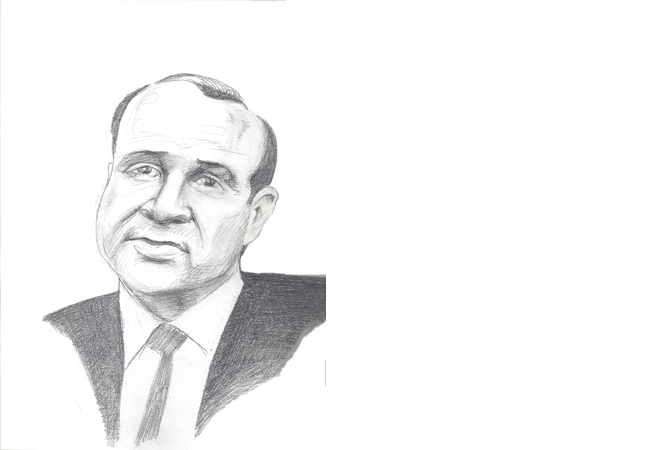
During the Contra operation in Nicaragua, he managed the shipments of arms to Nicaragua, and of cocaine coming back to the US. Selling drugs here financed covert CIA operations.
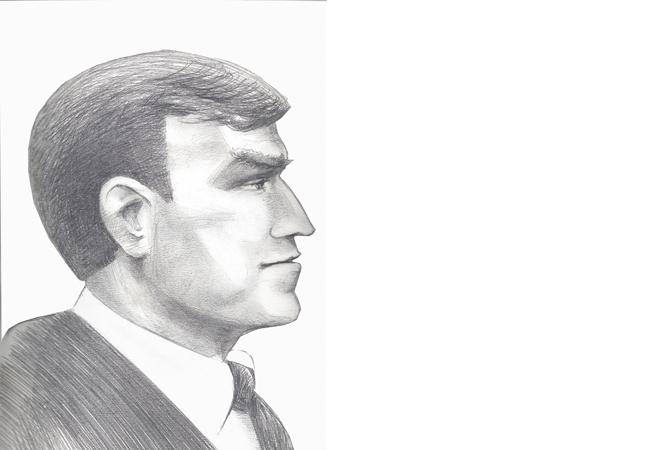
Abrams was told to get congress to exempt “humanitarian” aid from the Boland Amendment ban. Then, both lethal and humanitarian aid flowed, and he knew it. In 1991, he pleaded guilty to withholding his knowledge from Congress. Later pardoned by the elder President Bush.
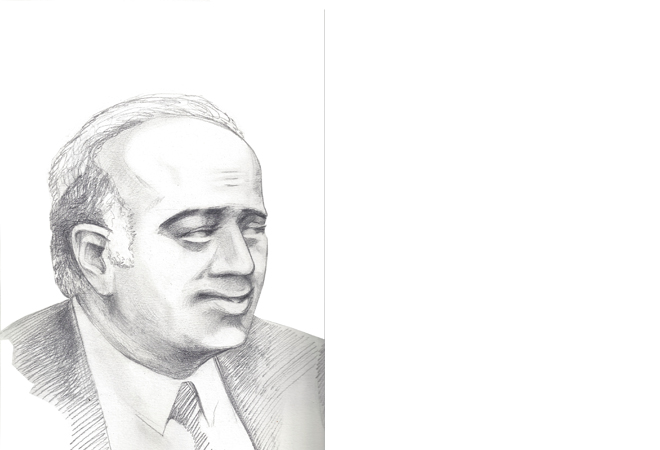
An Iranian-born American citizen who was co-conspirator with Richard Secord in The Enterprise. Both were charged with concealing the size of their personal profits from weapons sales to Iran and the Contras. Later pardoned by the elder President Bush.
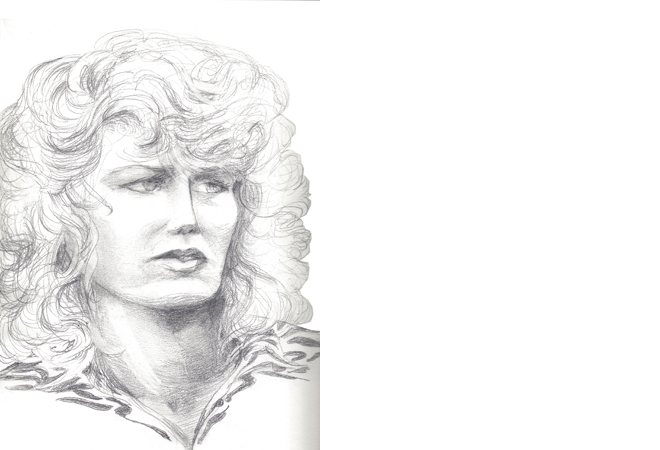
Fawn Hall was Oliver North’s secretary. She aided in the coverup by helping North alter, shred, and remove official United States NSC documents from the White House, some by concealing them in her clothes. The two wanted to remove all documents about the diversion of Iranian funds to the Contras, but one remained!
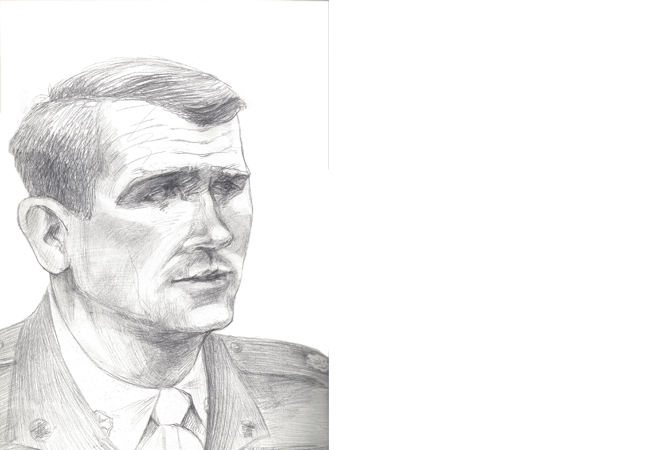
North was on the National Security Counsel staff in the White House. Unlike the CIA, it was not subject to congressional oversight. He hired Secord to run a CIA-type operation. Hewas the representative to the Contras, giving them US intelligence illegally. He set up a military system, gradually gaining oversight of every phase if it. He made and executed policies. Only National Security Counsel McFarlane and McFarlane’s successor, Poindexter, got his reports. It was all unconstitutional, but he portrayed himself as the victimized hero, and mostly got off scot-free.
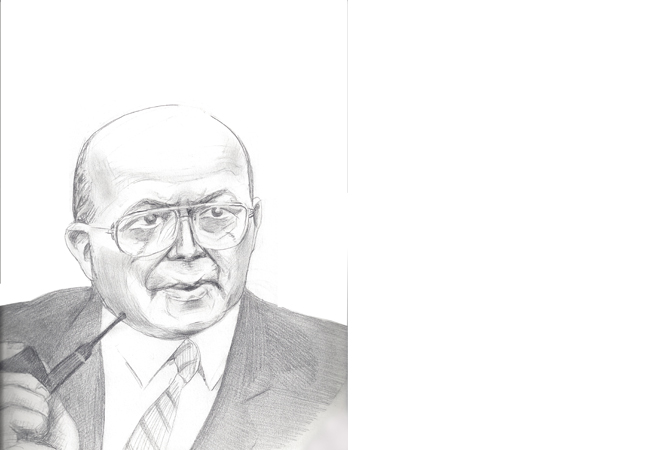
Poindexter became National Security Adviser (NSA) after Robert McFarlane, and was North’s boss. Counsel Liman wrote: “He had briefed the president every morning on matters affecting national security. Among the topics were the missile sales to Iran and the secret support of the Contras.” He thought staff responsibility was to protect its leader. Is this why, when the scandal broke, Reagan sounded sadly misinformed?
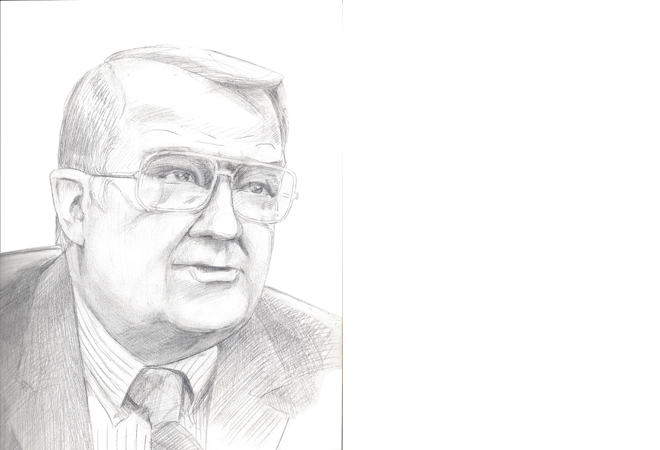
In January 1986 he wrote a legal opinion that the secret arms sales to Iran were legal, in spite of the embargo. On November 3, 1986, a Lebanese newspaper reported the sale. After the administration beat around the bush, Meese’s press conference on November 25 revealed the diversion of funds from Iran arms sales to the Contras. He spoke carefully to cover up the extent of the plot. The same day, Poindexter resigned and North was fired.
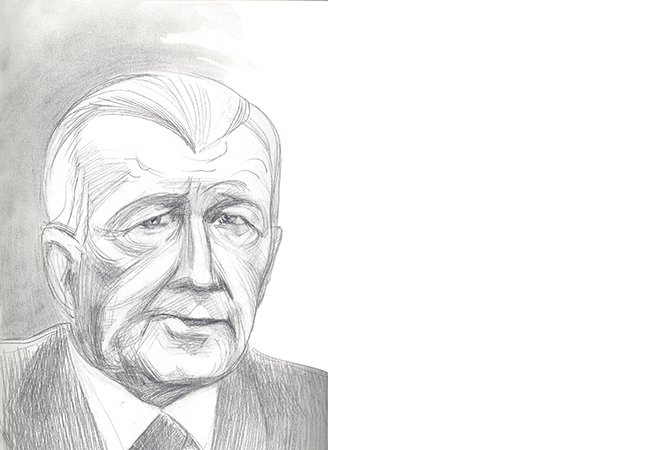
As White House chief of staff Regan controlled access to the President, attended daily national security briefings on how to manage the Iran Contra scandal and the public. His thorough notes give us a window into Oval Office thinking.
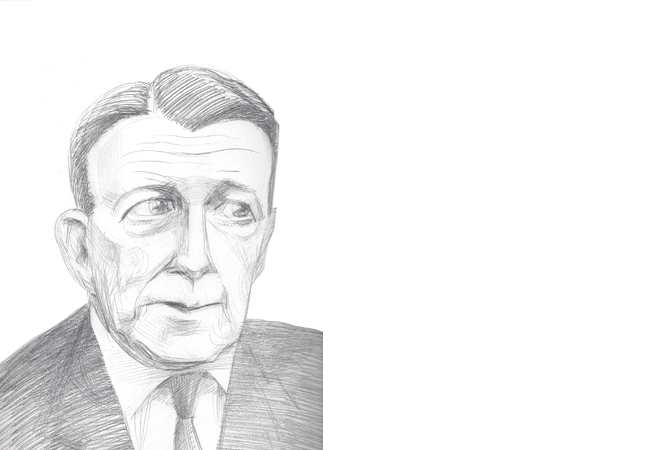
As Secretary of Defense, he joined with Secretary of State George Shultz to vehemently oppose the arms-for-hostages deal with Iran in May 1985. Yet, when asked to arrange arms transfers in February 1986, he found a sutrefuge to evade the embargo. In 1991, after the Hearings, thousands of pages of his notes were found in the Library of Congress, and he was charged with perjury and obstruction. The elder President Bush pardoned him.
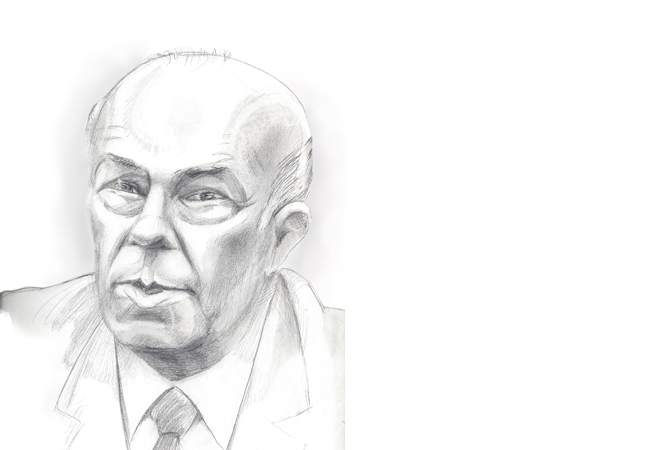
President Reagan was stubbornly committed to the Contra cause, and ignored Shultz’ advice to stay within the law. And, Reagan’s instinct was to free hostages at whatever cost. When trading arms for hostages was proposed at a meeting on August 6, 1985, Shultz and Weinberger strenuously objected. When the scandals began to erupt, Shultz was the one who related all the facts to Reagan, and showed him how he had been misled.
















